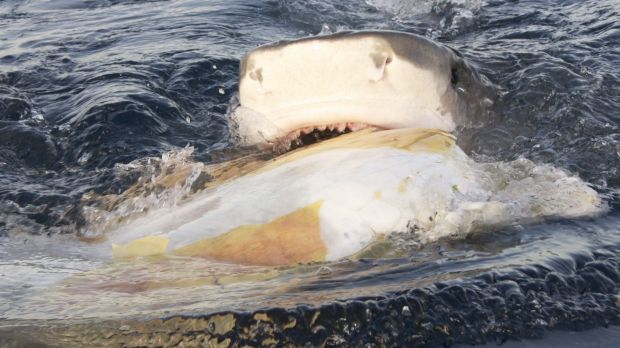
Sep 9, 2016 | Fish, News, Wildlife Monitoring
Researchers from James Cook University fitted more than 10 tiger sharks and 10 green sea turtles with satellite tags at Raine Island over a five year period to better understand tiger shark movements. Know as the largest breeding in the world Raine Island hosts a...
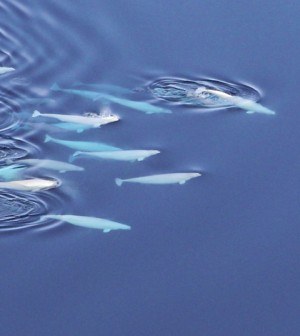
Sep 2, 2016 | Marine Animals, News, Wildlife Monitoring
Beluga whales are very difficult to observe, which is why scientists from the University of Washington use Argos satellite tags to better understand their behavior and the environment in which they live. The team of scientists from UW first began fitting beluga...
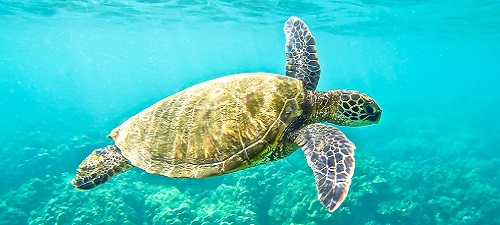
Sep 2, 2016 | Marine Animals, News, Wildlife Monitoring
Over 6893 marine sea turtles have been tracked with Argos since the beginning of the Argos system over 30 years ago. Like some other turtle species, Hawksbill sea turtle populations are in decline globally, due to illegal trading of turtle shells, hunting, bycatch in...
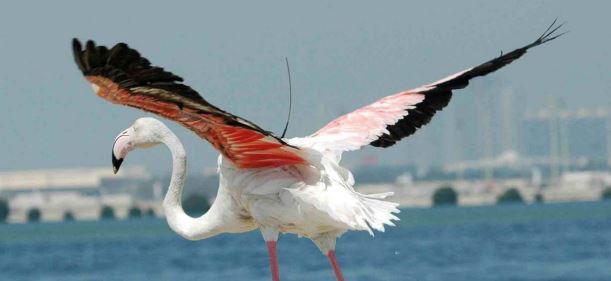
Jun 24, 2016 | Argos Forum, Wildlife Monitoring
User program: Using Argos to identify important sites for flamingos in a rapidly changing landscape User program: Using Argos to track sooty falcons from Oman to Madagascar User program: Marine turtles conservation and monitoring in Ras Laffan City and Qatar Projects:...
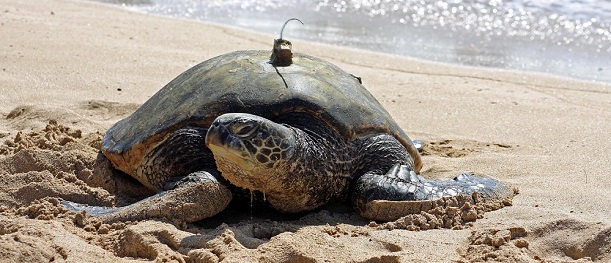
May 12, 2016 | News, Wildlife Monitoring
Are you an Argos user or a future Argos user in France? On October in Toulouse, CLS will host a one-day seminar for French Argos wildlife users, marking a significant milestone for the national tracking community. This one‑day event brings together researchers,...
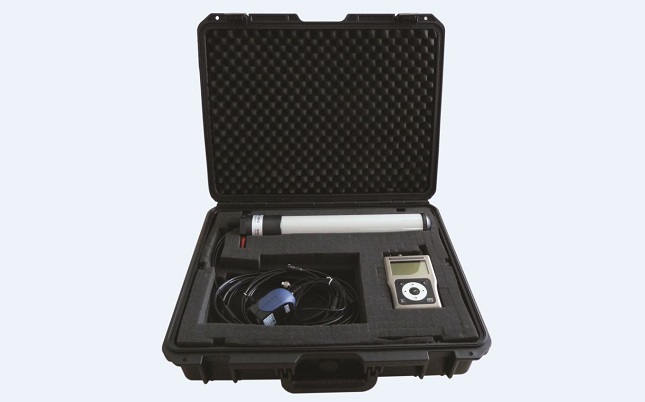
Mar 2, 2016 | Goniometer, News
The CLS goniometer helps users find active ARGOS platforms in the field. Depending on the altitude and the reception conditions the goniometer can detect all transmitting platforms within a radius of 100 km or more. It is a highly sensitive direction finder which...
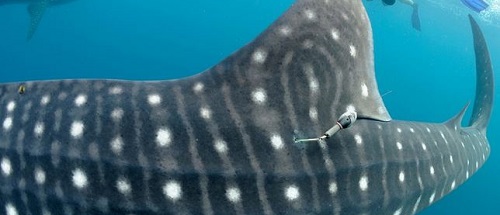
Mar 2, 2016 | Fish, News, Wildlife Monitoring
The first whale shark was tagged in the Gulf of Tadjoura, Djibouti, 2006. Two more followed in 2011. The Argos system allowed the association to track one of the whale shark until island of Socotra. While the other went up the Red Sea to face the coast of Yemen, where...
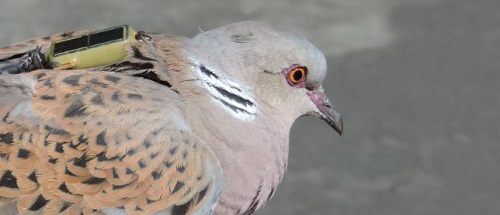
Feb 23, 2016 | Birds, News, Wildlife Monitoring
To know the precise location of staging areas and habitats are fundamental issues to better adapt future conservation measures that can be developed towards this species in decline. The arrival of the new Argos solar tags weighing only 2.5g will allow to provide...
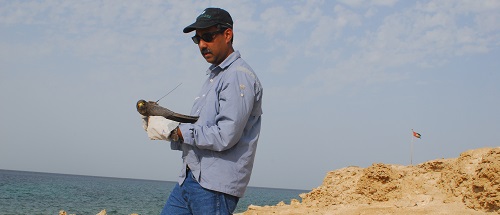
Feb 10, 2016 | Birds, News, Wildlife Monitoring
Dr. Salim Javed, Manager, Terrestrial Assessment and Conservation Section at Environment Agency – Abu Dhabi Dr. Salim Javed has undertaken and completed several important projects on birds including satellite tracking of Eurasian Cranes and Bar-headed geese in...
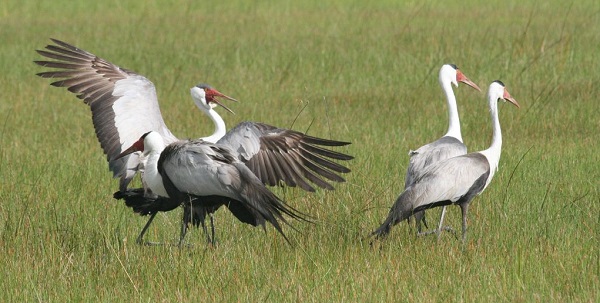
Feb 7, 2016 | Birds, News, Wildlife Monitoring
As Argos users, manufacturers or potential users you’re welcome to attend this regional Argos workshop on bird tracking. Objectives The objectives of this Scientific and Technical meeting are: Provide a forum for bird trackers and Argos representative, Inform on Argos...

Jan 25, 2016 | News, Wildlife Monitoring
As Argos users or potential users, you’re welcome to attend this regional workshop on satellite wildlife tracking. The objectives of this meeting are: Provide a forum for scientists, biologists, ornithologists interested in wildlife tracking technology Inform on Argos...
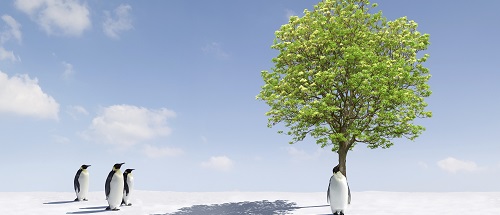
Jan 6, 2016 | News, Wildlife Monitoring
Global warming in the Arctic means that ice fields are forming later and later in the year. Polar bears linger for longer on the coastlines. Their hunger pushes them to venture increasingly into Inuit villages, rummaging through dustbins, ravaging landfill sites,...
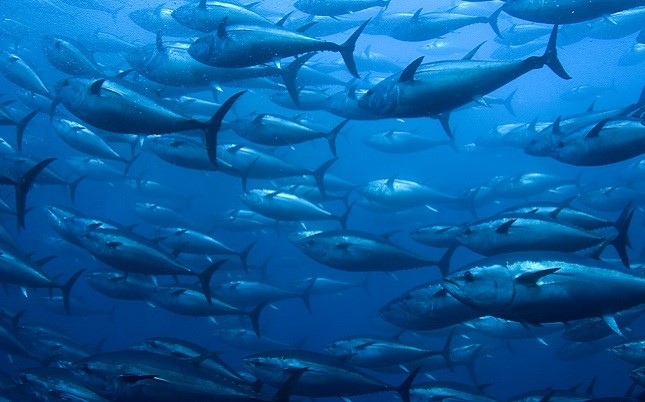
Dec 8, 2015 | Fish, News, Wildlife Monitoring
Climate change will impact fishes in complex ways, from high-energy-demand species such as yellowfin tuna, to more sedentary animals such as tilapia. While the ability to predict these impacts is essential to adapting to climate-change, our current understanding of...
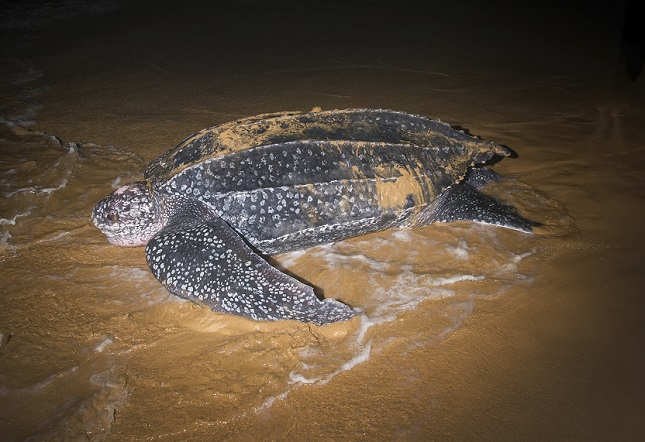
Dec 7, 2015 | Marine Animals, News, Wildlife Monitoring
Pacific leatherbacks, a species that is already in sharp decline due to development on nesting beaches, illegal egg harvesting and fisheries bycatch, may also be vulnerable to climate change. In a study lead by Ellen Willis-Norton, Argos tracking data collected from...
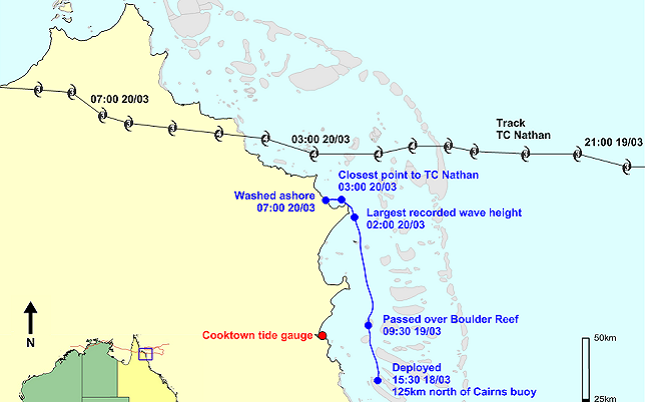
Dec 2, 2015 | News, Oceanography, Meteorology, Hydrology, Climatology
One of the consequences of climate change is that the intensity and frequency of severe weather events such as tropical cyclones is predicted to change into the future. Of particular concern to coastal communities in Queensland, Australia is that the intensity of...
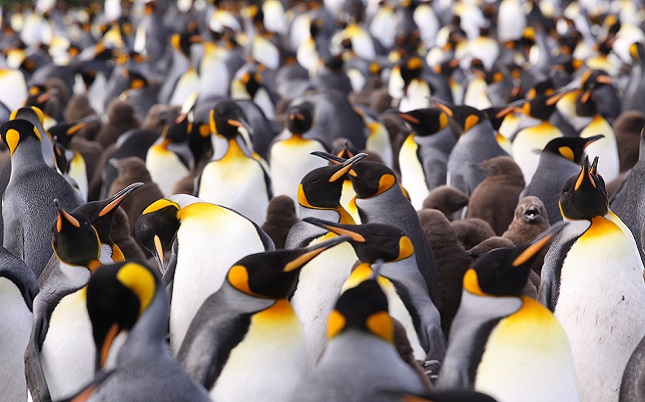
Dec 1, 2015 | Birds, News, Wildlife Monitoring
Predicting the impact of future environmental changes on biodiversity is today a major challenge for ecologists. This is particularly true in the polar regions, where climate change is faster and more severe than anywhere else on the planet. In an article originally...
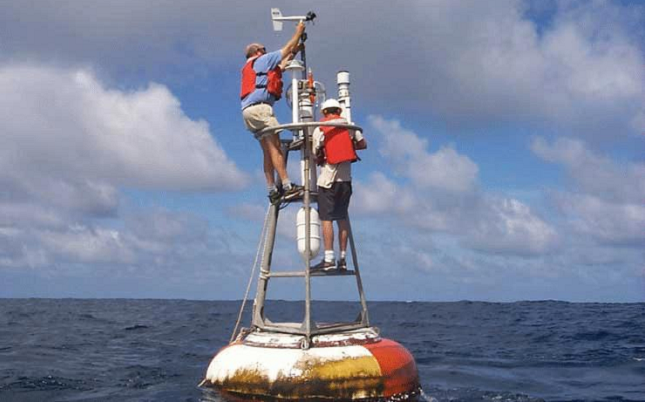
Nov 29, 2015 | News, Oceanography, Meteorology, Hydrology, Climatology
The arrival of Argos in the late 1970’s coincided perfectly with an exciting shift of emphasis in ocean and meteorological research. Single discipline studies were being replaced with a multi-discipline approach aimed at describing the physical processes that...
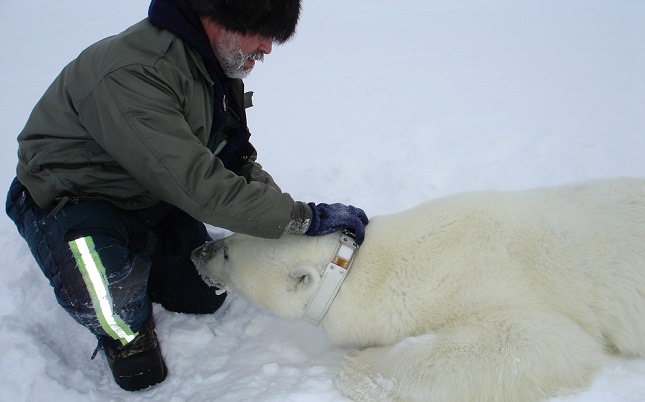
Nov 28, 2015 | Land Animals, News, Wildlife Monitoring
The polar bear is an iconic apex predator whose specialized adaptations for capturing seals from the surface of the sea ice has allowed them to flourish in the Arctic marine environment for at least 500,000 years. Polar bears occur only in northern hemisphere seas...
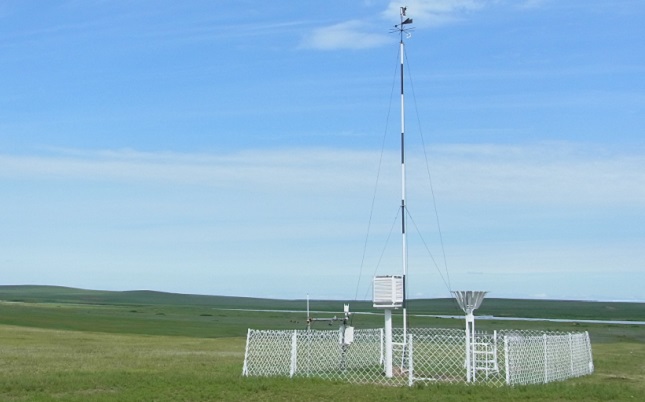
Nov 26, 2015 | News, Oceanography, Meteorology, Hydrology, Climatology
The Arctic is warming at a rate of almost twice the global average. Remote responses to the warmer Arctic on surrounding continents have been observed in the last decade and have become the focus of climate studies. Scientists observe that cold events and other...
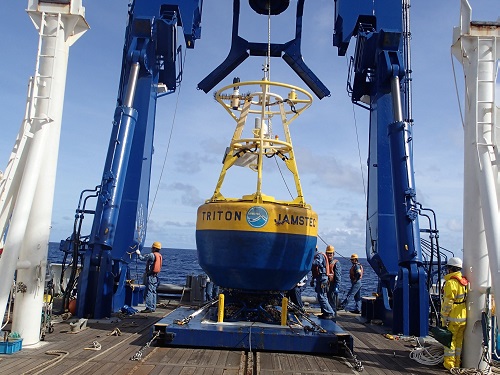
Nov 24, 2015 | News, Oceanography, Meteorology, Hydrology, Climatology
The El Niño / Southern Oscillation (ENSO) is Earth’s largest interannual climate signal, with an impact on weather, ecosystems, societies and economies. ENSO modulation is thus one of the hottest topics in tropical climate study. Since its beginnings, the...
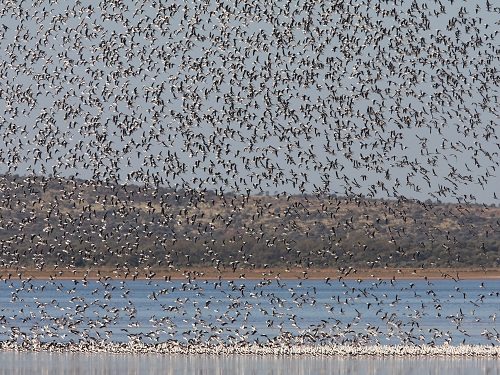
Nov 22, 2015 | Birds, News, Wildlife Monitoring
In a world of increasingly variable climate, the Australian outback has long been known for its climatic extremes with its ‘droughts and flooding rains’. In this vast inland region of the Australian continent, rainfall is not only low – on average – but also highly...
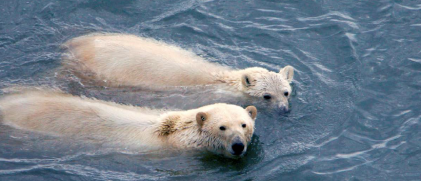
Nov 20, 2015 | Argos Forum, Oceanography, Meteorology, Hydrology, Climatology, Wildlife Monitoring
Polar bears and climate change A near real-time climate observation system for high latitudes Boom-bust nomads in a changing climate Triton moorings for the tropical ocean climate Sharpening climate change predictions for marine fishes What future for Crozet...
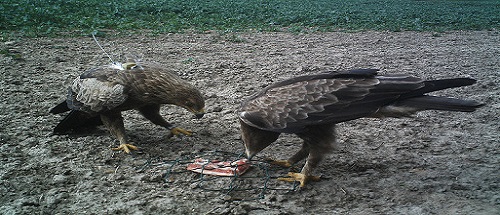
Oct 26, 2015 | Birds, News, Wildlife Monitoring
The website of the World Working Group on Birds of Prey (WWGBP) presents some of the results of satellite telemetry studies. Using Argos satellite tags, studies of 15 different bird of prey species have been conducted since 1992, in Germany and abroad. Thebirds are...
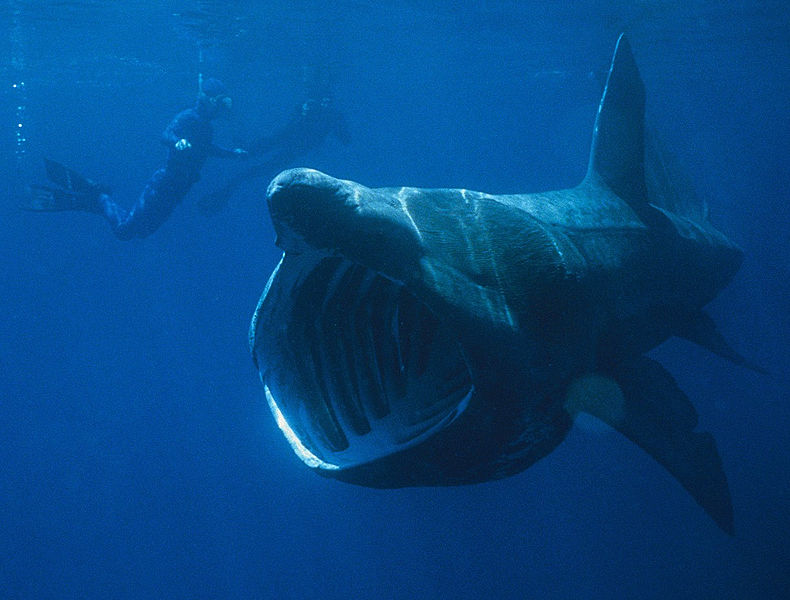
Sep 8, 2015 | Fish, Marine Animals, News, Wildlife Monitoring
Basking sharks are prevalent in the North Atlantic waters, off the coast of Scotland. While it is rarer to spot a basking shark in the Irish Sea, sightings have been reported off the Isle of Man. This is why a new partnership between Sea Life Blackpool and Manx...
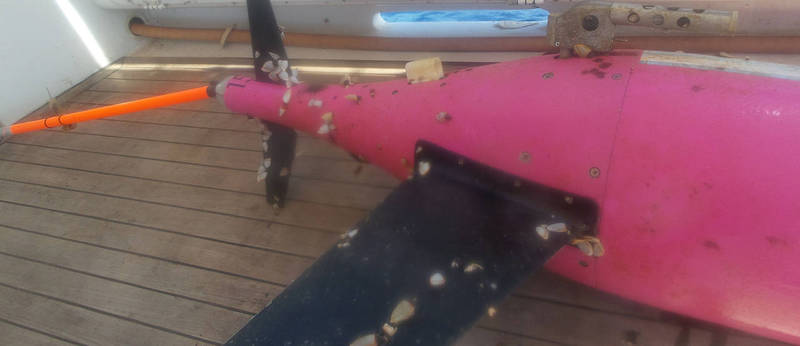
Sep 2, 2015 | Goniometer, News, Oceanography, Meteorology, Hydrology, Climatology
A glider deployed in the Coral Sea in May 2015 by the IMOS (Australia) developed technical problems, most likely due to a faulty memory card. The glider was recovered in September 2015, thanks the RXG-134. “ The gonio finder was quite helpful and was used for the...
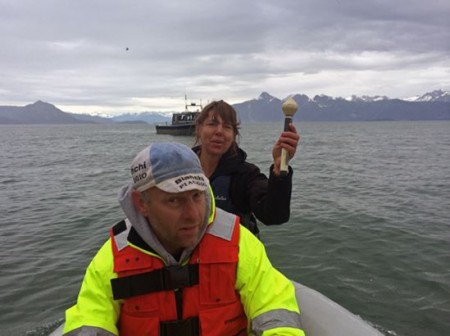
Sep 2, 2015 | Goniometer, News, Wildlife Monitoring
“This equipment is very good news for researchers – now it is reasonable to expect that if PSATs pop up in an area that can be reached by boat, tags can be physically recovered. For my research, this means that I can make sense of the geomagnetic and...
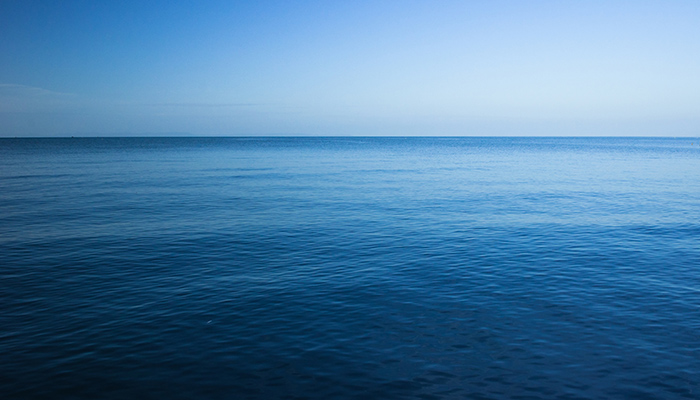
Aug 31, 2015 | News, Oceanography, Meteorology, Hydrology, Climatology
The Argo Program Argo is an international program aimed at seeding the global ocean with 3000 profiling floats which measure temperature and salinity from surface to 2000 meters depth. As these floats are autonomous and tend to drift with the currents while at the...
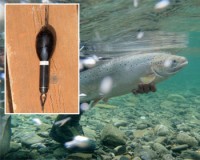
Jul 27, 2015 | News, Oceanography, Meteorology, Hydrology, Climatology
Argos transmitters attached to a fishes in New Brunswick in 2014 were just recovered in Greenland and Ireland. The Argos tags are attached to selected salmon by the Atlantic Salmon Federation in an effort to try and discover the reasons for high mortality at sea....
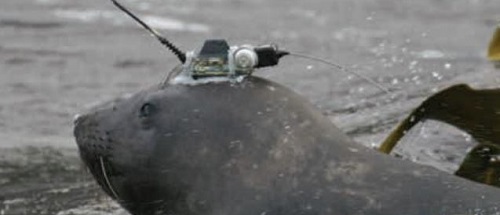
Jul 15, 2015 | Marine Animals, News, Oceanography, Meteorology, Hydrology, Climatology, Wildlife Monitoring
As of May 2015, a one-of-the-kind web portal named MEOP (Mammal Exploring the Ocean from Pole to Pole) provides operational access to the full international database of validated ocean observations collected by marine mammals such as seals, sea lions, and turtles....
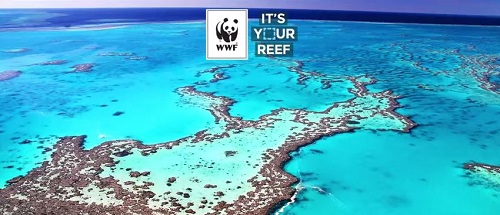
Jul 6, 2015 | News, Oceanography, Meteorology, Hydrology, Climatology
The Great Barrier Reef is one of the seven natural wonders in the world, and home to 400 species of coral and 1.500 species of fish including the rare dugongs and snubfin dolphins. Prominent marine conservationists including Nan Hauser are calling for a better...
Page 11 of 13« First«...910111213»































